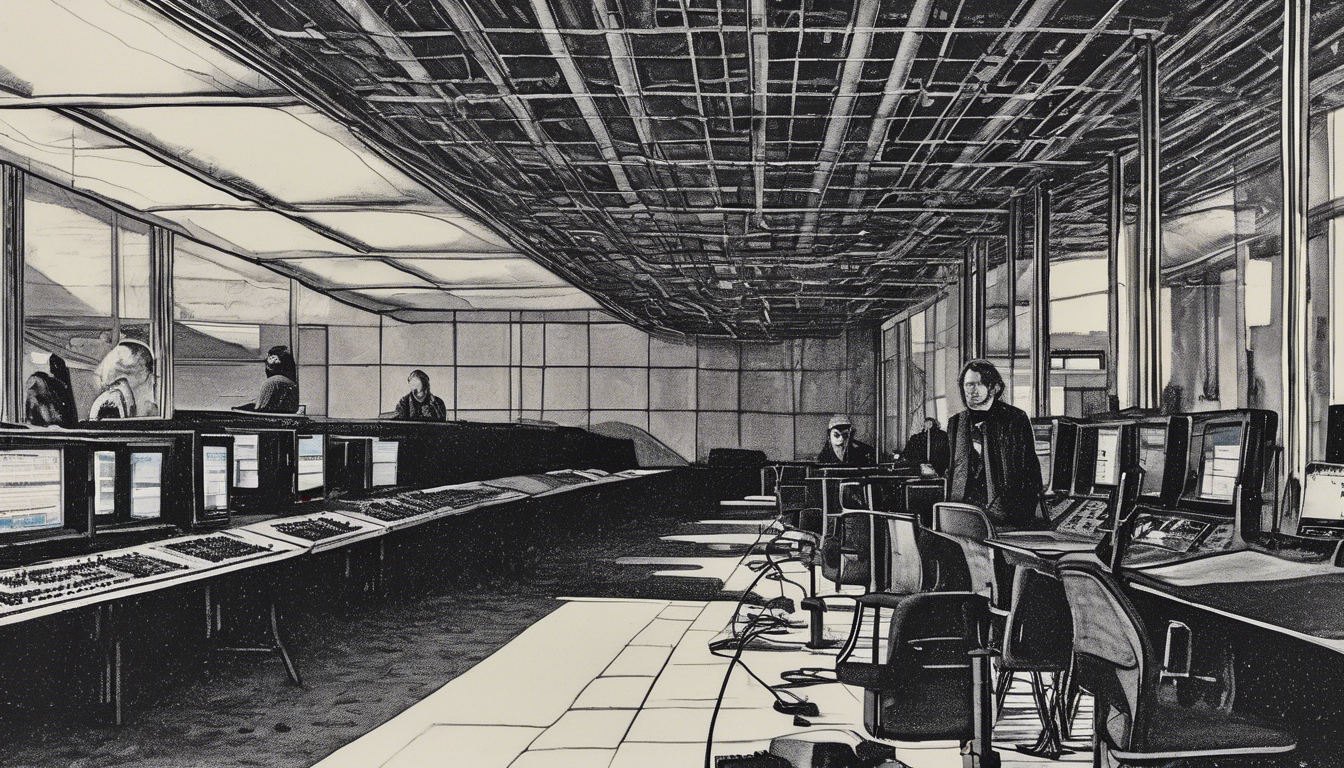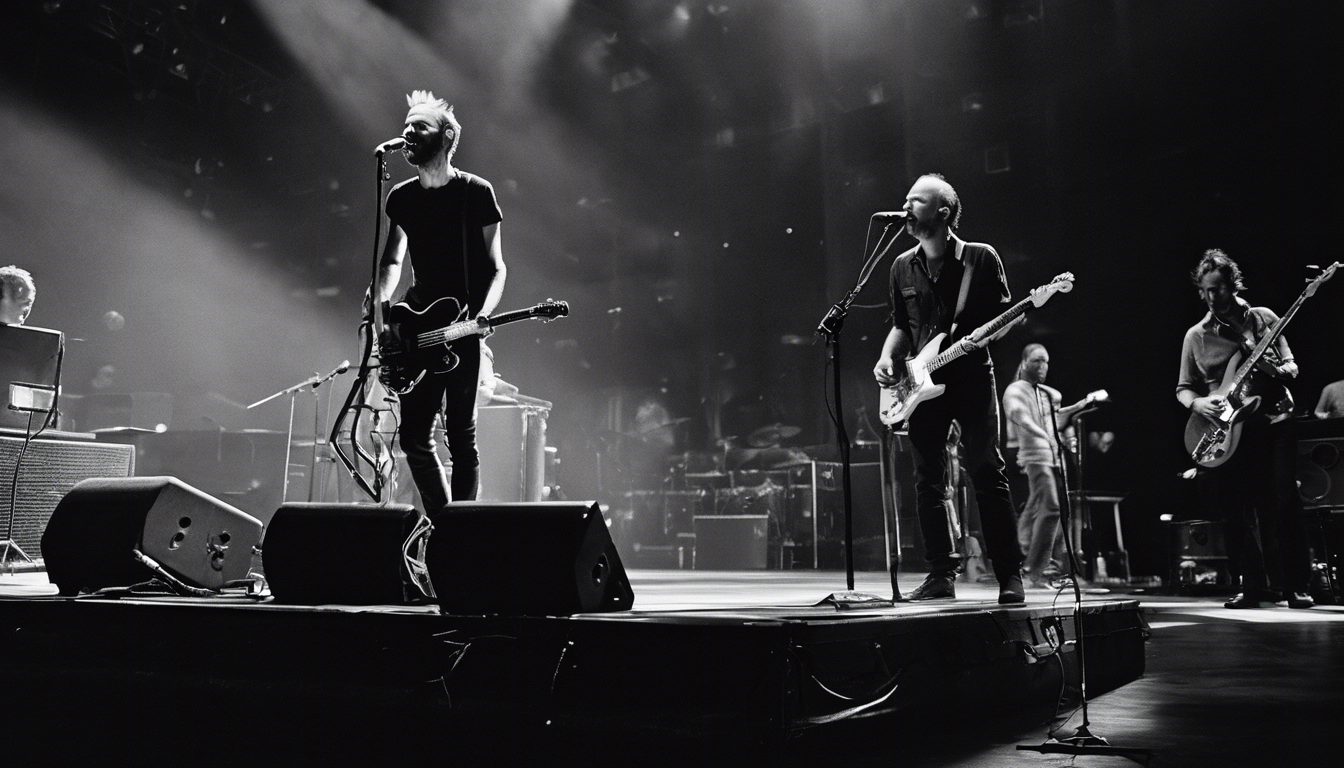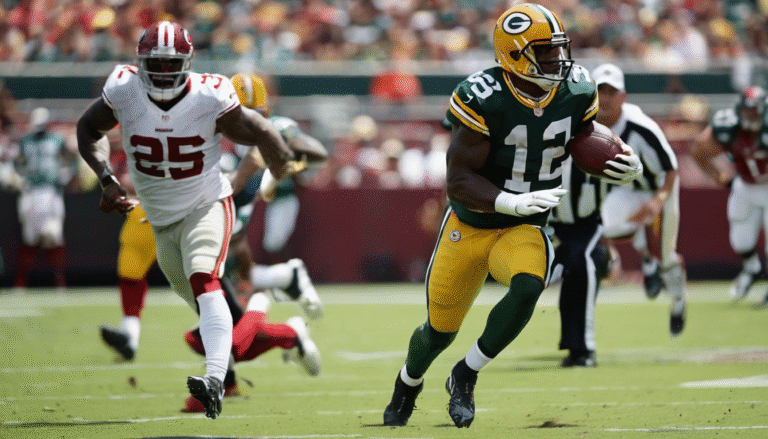
Renowned rock band Radiohead is returning to the stage for the first time in seven years, launching a European tour that promises to reinvigorate their dedicated fanbase. The band announced their first batch of tour dates earlier this week, bringing excitement back to classic rock enthusiasts.
Background
Radiohead, known for their innovative and experimental sound, last toured in 2018. Since then, the band members have maintained a low profile, engaging in other creative projects. Their return to live performances comes as a surprise to many fans who had eagerly anticipated it.
The band’s decision to go on tour reflects a renewed energy and creative spirit within the group. It also marks a significant moment in the music industry, showcasing how artists can regain momentum after extended breaks.
Radiohead’s comeback isn’t limited to just these concerts. They’ve planned multiple shows in major European cities, indicating a strong commitment to their audience and fans worldwide.
Key Developments

On Wednesday, the band unveiled a series of concert dates beginning November 4 in Madrid, Spain. This is the first of several stops across Europe, including performances at iconic venues in major cities.
- Madrid: Four consecutive nights from November 4-7
- Bologna: Four nights from November 14-17
- London: Four shows across November 21-24
- Copenhagen: Four nights December 1-4
- Berlin: Four dates December 8-11
Tickets are distributed through a lottery system that favors local attendees over those traveling internationally. This approach aims to ensure accessibility while maintaining fairness in ticket distribution.
Industry/Market Context
The resurgence of a high-profile band like Radiohead can significantly boost interest in live music events. Fans and industry professionals alike are closely monitoring the tour’s impact on local economies and venue attendance.
For cities hosting the tour, the influx of excited fans could translate to increased tourism and spending, benefiting local businesses and tourism sectors. Moreover, it highlights the enduring power of iconic bands like Radiohead in drawing large crowds.
The event also sets a benchmark for other artists considering similar long-term breaks between tours. It demonstrates the strong desire from audiences to see beloved acts performing live, driving the demand for such experiences.
Implications & Risks
While the tour promises excitement, it also presents logistical challenges that the band must address. Managing a smooth ticketing process and ensuring that concerts run successfully will be critical.
There are potential risks associated with the sudden rise in ticket prices due to high demand. Scalping concerns could arise, necessitating vigilant monitoring by the band and their management team.
From a creative standpoint, the reactivation of a long-dormant touring schedule may put pressure on the band to maintain the quality and energy levels expected by their fanbase, which could influence future projects and releases.
What’s Next

Fans are eagerly awaiting confirmation of additional tour dates beyond those initially announced. The band has not ruled out the possibility of expanding the tour beyond Europe. Future plans may include stops in other continents.
Additionally, the tour could serve as a catalyst for new music or projects. Band members might use the experience to gather inspiration, leading to potential new material or collaborations.
The immediate focus remains on the preparation and execution of the upcoming concerts. Ensuring a memorable experience for attendees will be crucial as Radiohead looks to reconnect with their audience after a seven-year hiatus.
Closing, Radiohead’s return to live performances signifies a rejuvenation for one of the world’s most influential bands. Fans and music enthusiasts alike are set to enjoy a series of memorable concerts across Europe.






